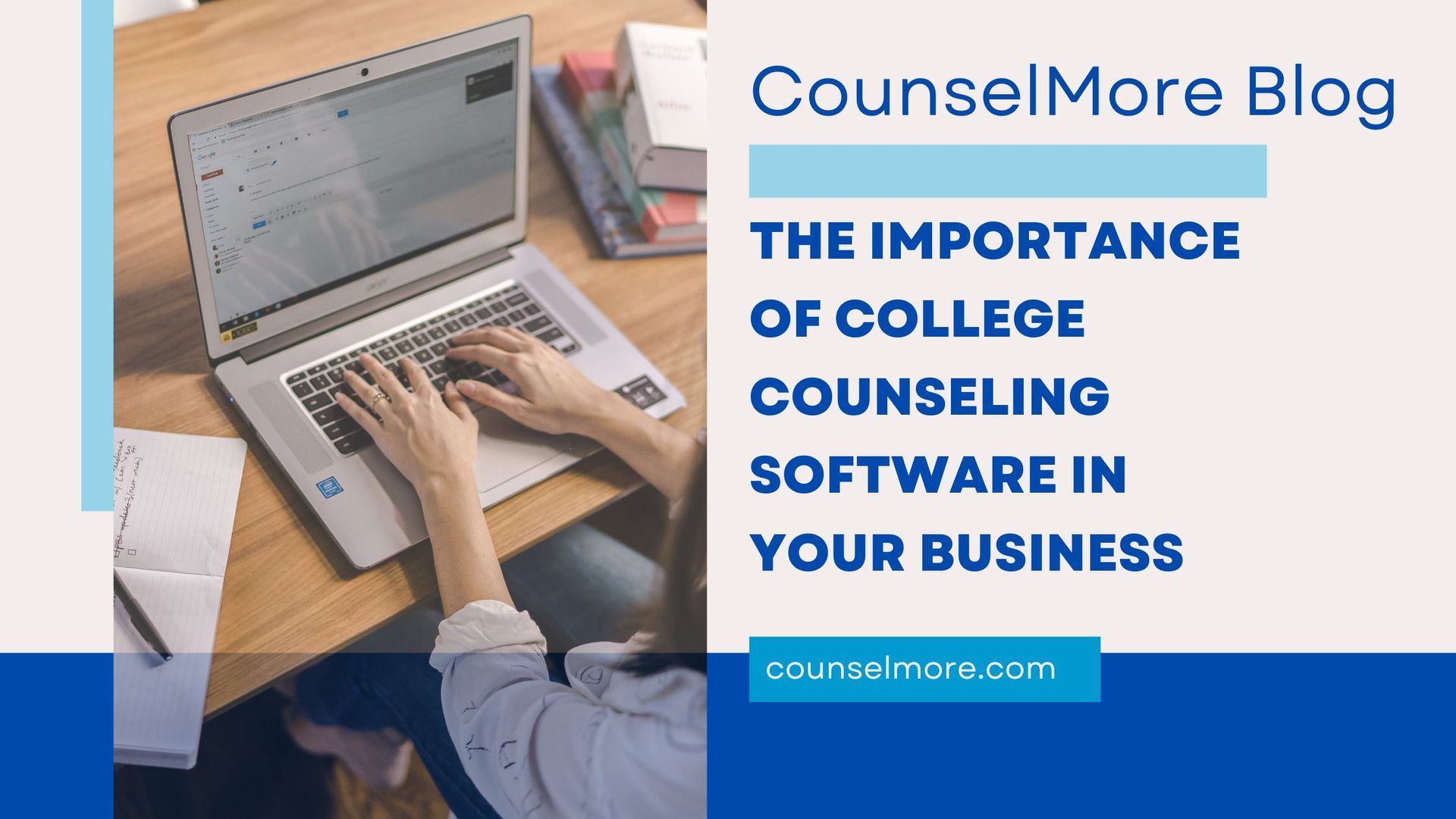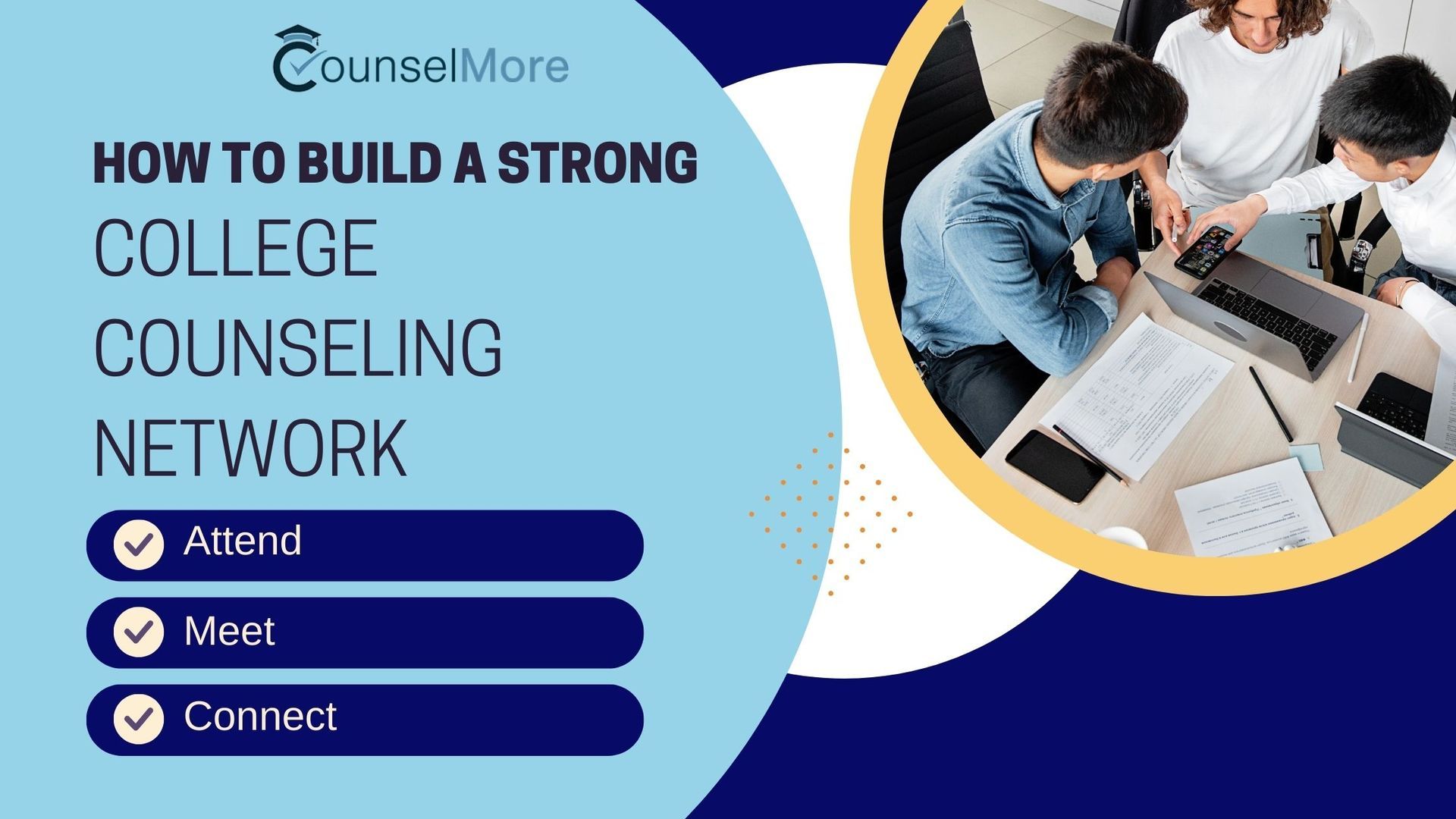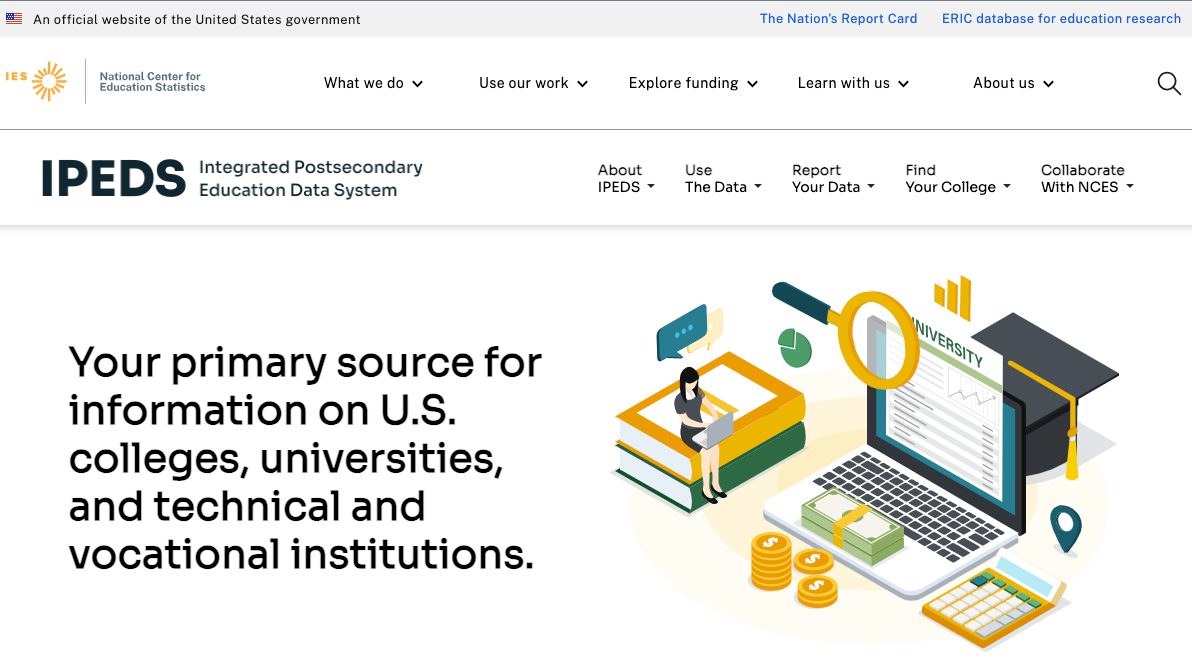What changes when you turn 18? What does 18 really mean? What rights do I have when I turn 18?

Turning 18 is a transformative milestone in a young person’s life. It marks the legal transition to adulthood, bringing new freedoms, rights, and responsibilities. While families may focus on college applications or career planning during this time, understanding what turning 18 truly means can be a great conversation starter for both students and parents.
This comprehensive guide breaks down the key rights and responsibilities students gain when they turn 18, offering insights that can help private college counselors and students alike.

Turning 18 is a transformative milestone in a young person’s life. It marks the legal transition to adulthood, bringing new freedoms, rights, and responsibilities. While families may focus on college applications or career planning during this time, understanding what turning 18 truly means can be a great conversation starter for both students and parents.
This comprehensive guide breaks down the key rights and responsibilities students gain when they turn 18, offering insights that can help private college counselors and students alike.
Civic Rights and Responsibilities
1. Voting:
At 18, you are eligible to vote in federal, state, and local elections. This is an opportunity to emphasize the importance of civic engagement. Counselors can encourage students to register to vote early and educate them on the voting process.
2. Military Service and Selective Service Registration:
Males aged 18–25 are required to register with the Selective Service System. Failure to register can impact eligibility for federal student loans, grants, and government jobs. Counselors should remind students of this important step, especially those applying for financial aid.
3. Jury Duty:
Once 18, you can be summoned for jury duty. While full-time students can often defer service, it’s essential to understand this civic obligation and its role in the justice system.


Healthcare and Privacy
1. Medical Decisions and Records:
Under
HIPAA, 18-year-olds gain control over their medical decisions and records. Families should consider signing HIPAA release forms or durable power of attorney documents to ensure parents can assist in emergencies.
2. Insurance and Medical Bills:
Medical bills may now be addressed to the student instead of their parents. Counselors can remind families to review their insurance coverage and clarify billing procedures.
Financial Independence
1. Opening Bank Accounts and Credit Cards:
Turning 18 allows individuals to open their own bank accounts and apply for credit cards. Counselors can advise families to discuss financial literacy, including managing accounts, building credit, and avoiding debt.
2. Taking Out Loans:
Students can now apply for personal loans or assume control of custodial accounts set up by their parents. This is also the time to ensure students understand the implications of student loans and repayment schedules.
3. Legal Contracts:
Eighteen-year-olds can legally sign contracts, from employment agreements to leases. Counselors should encourage students to review agreements carefully and seek guidance if they’re unsure of the terms.


Academic Privacy
Educational Records:
Under FERPA, students control access to their academic records once they turn 18 or enroll in a post-secondary institution. Families should discuss whether the student will sign a FERPA release form to allow parental access.
Legal and Lifestyle Freedoms
1. Living Independently:
At 18, individuals can legally move out and live independently. They can rent apartments, purchase homes, and enter housing agreements.
2. Changing Legal Names:
Students can legally change their name at 18 without parental consent, though the process varies by state.
3. Tattoos, Piercings, and Body Modifications:
Eighteen-year-olds can get tattoos and piercings without parental approval, a topic worth discussing with families as part of broader lifestyle changes.
4. Travel and Hotel Stays:
Students can book hotels and travel without parental consent. Counselors can advise families on ensuring students are equipped for independent travel.

Additional Rights and Opportunities
1. Career Choices:
Turning 18 opens doors to new career options, such as becoming a notary public or obtaining specialized licenses for certain jobs.
2. Lottery and Gaming:
Students can purchase lottery tickets or participate in gambling where legal.
3. Joining the Armed Forces:
Eighteen-year-olds can enlist in the military without parental consent.
4. Creating Wills:
Students can create legally binding wills, an opportunity to discuss financial planning and future preparedness.

Counselors’ Role in Navigating This Milestone
As private college counselors, you’re uniquely positioned to help families navigate the complexities of turning 18. Here’s how:
- Holistic Guidance:
Use this milestone as an opportunity to educate families on rights and responsibilities, integrating these discussions into broader college and life planning.
- Resources and Tools:
Provide resources on topics like FERPA, HIPAA, and financial literacy. Consider creating checklists or guides tailored to your clients’ needs.
- Empowering Independence:
Help students understand their newfound freedoms and responsibilities while emphasizing the importance of thoughtful decision-making.
Supporting Families Beyond College Planning
Turning 18 is more than a legal milestone; it’s a critical point of transition that shapes how students approach adulthood. By addressing these changes comprehensively, counselors can position themselves as invaluable resources, helping families feel confident and prepared for the journey ahead.
This guide serves as a foundation for counselors to provide meaningful, relevant advice, ensuring every family feels supported as their student steps into this new chapter of life.



















